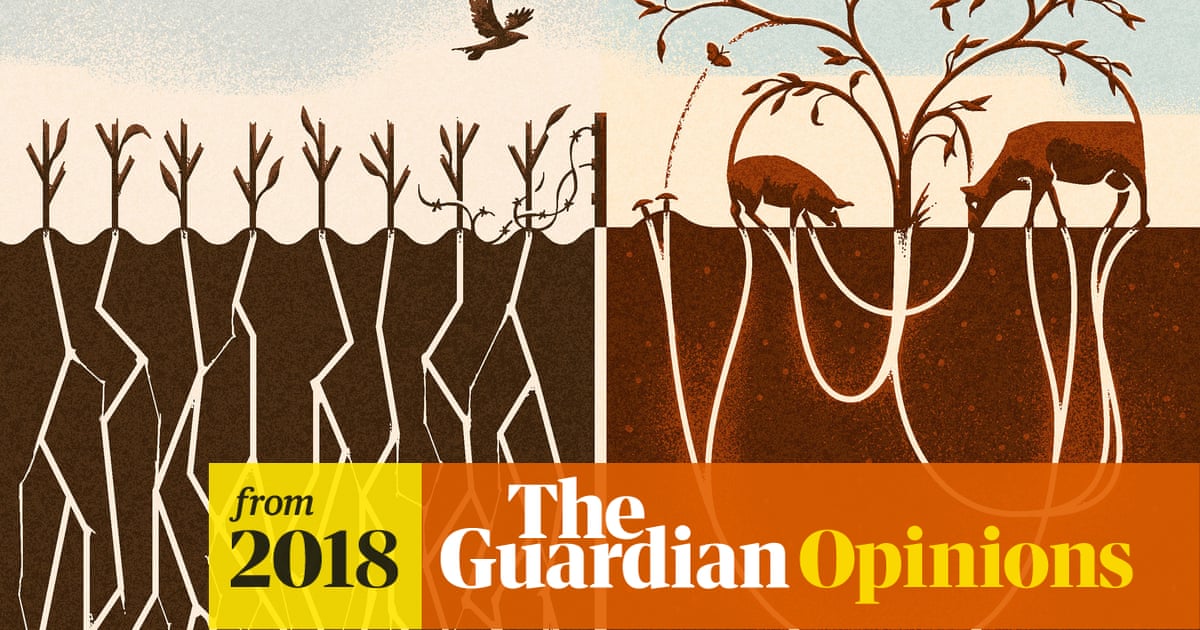- Location
- Aberdeenshire
Yo Vegan, I've got a few questions for ya.
If an Oak tree sets a seed in a wheat field is it okay to kill it? If it sets a thousand seeds in the field is it okay to kill them all or do they have a right to exist purely because of their existence? Comes the day when there will be no field. So, is it okay to kill magnificent oak trees (or what might one day be one) just so you can eat or is it only okay if it fits with your nano view of the world of climate, ecology, humanity? If an oak tree has no right to a thousand years of life why does a cow or a sheep have a right. Don't tell me trees are insensitive, they react to predators, inform others of threats, capture carbon just like cow sh!t, harbour flora and fauna large and small, I could go on. Is it okay to kill Oak trees?
Do you weed your veg' garden, do you kill aphids, mice, rats in your home, bluebottles, wasps? Do you take antibiotics and kill bacteria (pre-tested on animals of course)? Do you take a flu vaccine or vaccinate your kids (all tested on animals)? Use an asthma inhaler? Will you die rather than have a pig valve when you're gasping your last? How about your kid with a heart condition?
Is it okay to use a computer when the chemicals in them are mined in third world hell holes by indentured slaves, where life is cheap, health and safety is unheard of and raw pollution runs from hill to ocean?
I've dozens of questions like these, do you have answers?
If an Oak tree sets a seed in a wheat field is it okay to kill it? If it sets a thousand seeds in the field is it okay to kill them all or do they have a right to exist purely because of their existence? Comes the day when there will be no field. So, is it okay to kill magnificent oak trees (or what might one day be one) just so you can eat or is it only okay if it fits with your nano view of the world of climate, ecology, humanity? If an oak tree has no right to a thousand years of life why does a cow or a sheep have a right. Don't tell me trees are insensitive, they react to predators, inform others of threats, capture carbon just like cow sh!t, harbour flora and fauna large and small, I could go on. Is it okay to kill Oak trees?
Do you weed your veg' garden, do you kill aphids, mice, rats in your home, bluebottles, wasps? Do you take antibiotics and kill bacteria (pre-tested on animals of course)? Do you take a flu vaccine or vaccinate your kids (all tested on animals)? Use an asthma inhaler? Will you die rather than have a pig valve when you're gasping your last? How about your kid with a heart condition?
Is it okay to use a computer when the chemicals in them are mined in third world hell holes by indentured slaves, where life is cheap, health and safety is unheard of and raw pollution runs from hill to ocean?
I've dozens of questions like these, do you have answers?


















